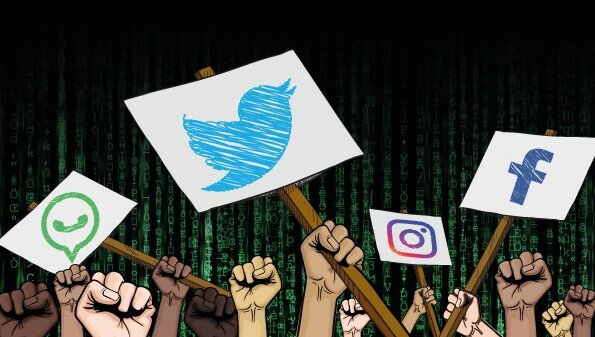Why digital politics?

The role of digital technologies such as social media platforms, algorithms, and the AI in national and international politics cannot be overestimated and continues to grow and evolve. In the last decade alone, global politics were completely transformed by the rise of social media data mining and algorithmic information control, fake news and misinformation, cyberwarfare, internet shutdowns, biometric surveillance, and governmental decision-making led by the AI. At the same time, we are seeing a surge in politicised use of everyday digital communication tools such as social media platforms, apps and smartphones, by ordinary people in citizen engagement, mass protest, and everyday resistance.
in 2014, we began teaching digital politics on our Masters programme, an MA in International Relations and Global Communications. After a growing interest in the topic, in 2018 we have set up a unique PhD pathway in digital politics. In 2022, we are launching a new MSc in Digital Society, with a pathway in digital politics.
There are many ways one can approach the subject of digital politics. Some of the topics our team members work on include: social media militarism; on-line protest and campaigns; political propaganda and misinformation on-line; digital governance and the politics of digitisation; social media and public opinion; digital diplomacy; digital warfare; identities and communities on the internet; digital technologies and the environment; digital colonialism and data imperialism.

